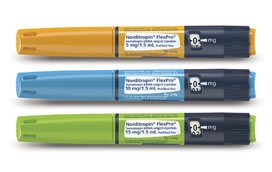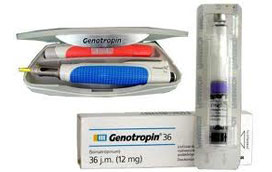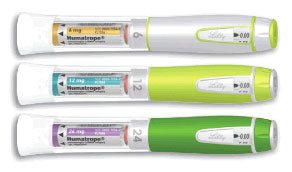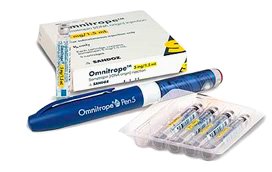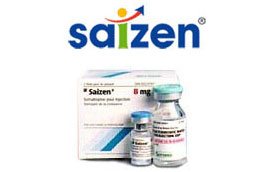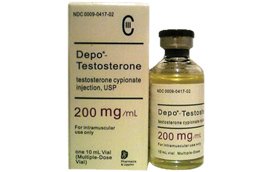Testosterone Therapy Benefits for Alzheimer’s Diseas

Alzheimer’s disease dramatically changes the course of a person’s life, as well as all those around him or her, but testosterone therapy may hold positive benefits for those affected by this condition.
Testosterone therapy benefits for Alzheimer’s disease are possible because testosterone plays a leading role in brain functions.
| Testosterone has the following effects on the brain: |
|
Other testosterone benefits for Alzheimer’s disease include improving the ratio of testosterone to sex hormone-binding globulin, a chemical that typically increases when testosterone decreases, especially in patients with AD. Low T is also associated with reduced spatial abilities, memory, and mathematical reasoning, symptoms often improved by testosterone therapy.
Can Low Testosterone Contribute to Alzheimer’s Disease?
Hormonal decline can take a serious toll on the brain and cognitive functions.
| The brain relies on testosterone for many functions, including: |
|
The frontal lobe is home to an abundance of testosterone receptors. When Low T is present, not enough testosterone reaches these receptors. In response, a loss of memory, cognitive functions, and focus occurs. These symptoms can lead to AD.
For men and women with untreated low testosterone, Alzheimer’s disease is a possible reality.
In a small study out of China, older males with early stages of memory decline that had not yet advanced to AD were at a greater risk of developing Alzheimer’s disease within a year of follow-up. The study demonstrates the potential for a rapid cognitive decline in individuals with low testosterone for Alzheimer’s disease onset.
A study by French researchers in 2013 showed that low testosterone levels in men increased the risk of dementia. Incidence rose in those males over eighty years of age.
Women are not immune to this risk, as expressed in a 2013 study out of Monash University in Australia. Here, 90 healthy postmenopausal women underwent cognitive testing and then received either testosterone gel or a placebo. At the end of twenty-six weeks of treatment, the women who received the testosterone gel experienced significant verbal learning and memory improvements.
Finally, low testosterone increases the risks of heart disease and stroke, both of which lead to a higher chance of developing dementia.
Benefits of Testosterone Therapy for Alzheimer’s Disease
Looking at how low testosterone affects the brain, it is easy to see the many positive benefits of testosterone therapy for Alzheimer’s disease prevention and potential reversal or improvement. The first and perhaps the most significant benefit is the reduction of beta amyloid production. Decreasing this buildup and production will allow the body to expel it rather than storing it in the brain.
Among some of the other testosterone therapy benefits for Alzheimer’s disease is a perceived improvement in the quality of life. This is especially important as depression can exacerbate the effects of dementia. Testosterone plays a significant role in emotional well-being, and a reversal of depressed feelings is a large part of the benefits of TRT.
| Other studies have shown the following benefits in elderly men receiving testosterone replacement therapy: |
|
More, bigger and longer studies are necessary to completely access the effects of testosterone therapy for individuals with Alzheimer’s disease or dementia. However, this much we do know – TRT provides many positive benefits to the brain and body, and if Low T is diagnosed following blood testing, it may be worth it to raise testosterone levels with supplemental treatment prescribed and monitored by a hormone specialist.
Please contact Kingsberg HRT Clinic directly to learn more about the benefits of testosterone therapy.













